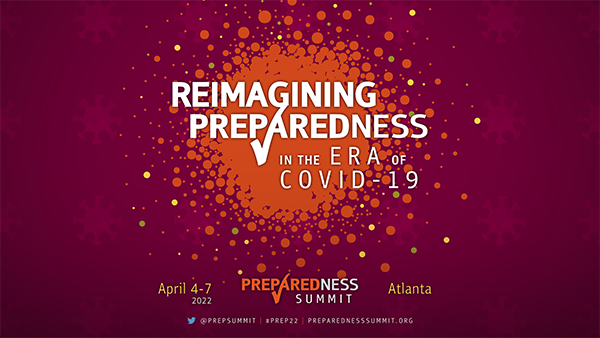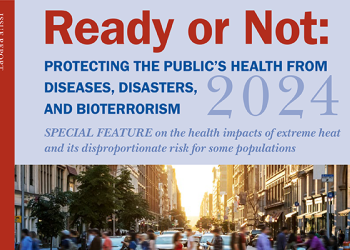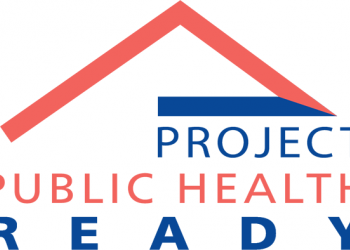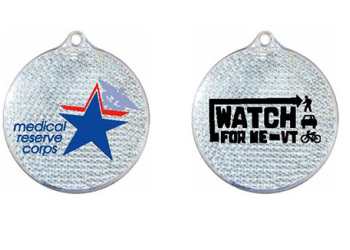In April, the 2022 Preparedness Summit convened over 2,000 professionals from across the governmental public health workforce under the theme of “Reimaging Preparedness in the Era of COVID-19.” Through eight COVID-19 Listening Sessions, participants engaged in dynamic conversations to inform future planning efforts, development of policies, and refinement of national health security strategy efforts. During the closing plenary, leaders from the leading public health associations discussed the impact of COVID-19 response efforts on the field and its implications for future responses. They called on all in the field to engage in shaping the future of public health.
On behalf of the Preparedness Summit planning committee, NACCHO is commissioning a supplement to the journal Health Security.
Background and Topics to Address
The Summit provided attendees the opportunity to reflect on lessons learned from current and previous responses, and highlighted tools, resources, and learnings that can be applied into the future. The listening session themes were:
- Emergency Preparedness and Response
- Partnerships
- Mitigation Strategies
- Communications
- Workforce
- Volunteerism
- Organizational Administrative Preparedness, including Public Health Authority and Leadership
- Assessment and Surveillance
The aim of this supplement is to extend these conversations beyond the walls of the Preparedness Summit and to further contribute to the field’s body of knowledge around the pandemic and its impact on public health. Our intent is that the experts engaged in these sessions will contribute manuscripts to the supplement.
Manuscript Formats
Submissions may be contributed in the following formats:
- Original articles – usually report data from research (quantitative, qualitative, mixed methods, literature reviews); about a 5,000 word limit, including references
- Case studies – typically smaller studies that focus on a group, community, or other small unit (hospital system, county); about a 4,000 word limit, including references
- Commentaries – the tone of this category is typically less formal; manuscripts are still expected to cite information; commentaries may include a discussion of how and why a new tool was developed, why a new policy is needed and how that might be accomplished, etc. (this may also include responses to other papers/companion commentaries); about a 2,000 to 3,000 word limit, including references
- Interviews – usually edited transcripts of interviews held with thought leaders on a special topic (the interviewer would transcribe the interview and edit it before submitting it to the journal, which may also edit the transcript for length, typos); word limit depends on the discussion, ideally it should be around 2,000 words
Two-Step Submission Process
- Submit an abstract or brief description (up to 250 words) ASAP to [email protected]. The abstract should include the type of manuscript to be submitted (see above). Abstracts will be reviewed on a rolling basis.
- Once your abstract is accepted, draft your submission and submit to Health Security by September 30. Refer to the journal’s instructions for authors before submission.
About the Journal
Health Security is a peer-reviewed journal providing research and essential guidance for the protection of people’s health before and after epidemics or disasters and for ensuring that communities are resilient to major challenges. The Journal explores the issues posed by disease outbreaks and epidemics; natural disasters; biological, chemical, and nuclear accidents or deliberate threats; foodborne outbreaks; and other health emergencies. It offers important insight into how to develop the systems needed to meet these challenges. Taking an interdisciplinary approach, Health Security covers research, innovations, methods, challenges, and ethical and legal dilemmas facing scientific, military, and health organizations. The Journal is a key resource for practitioners in these fields, policymakers, scientific experts, and government officials.









